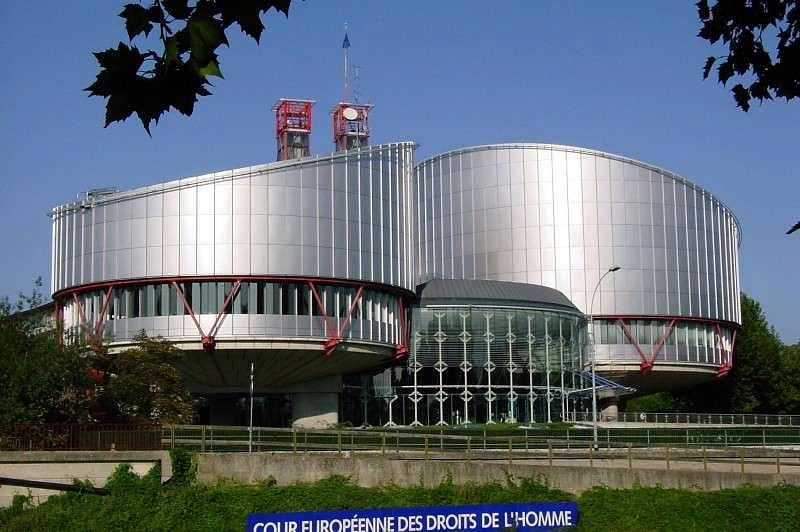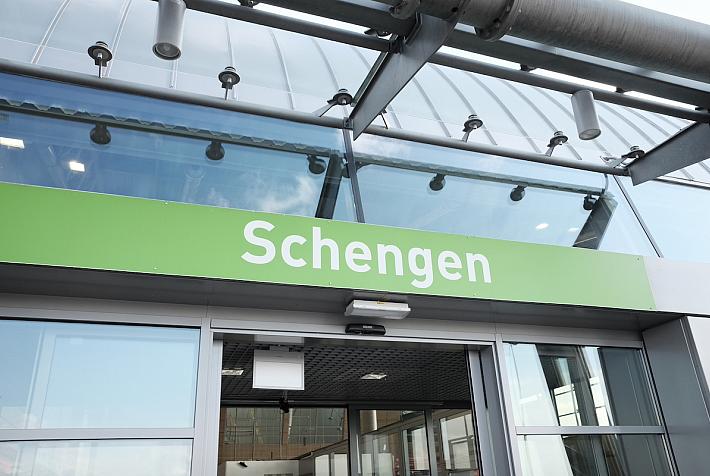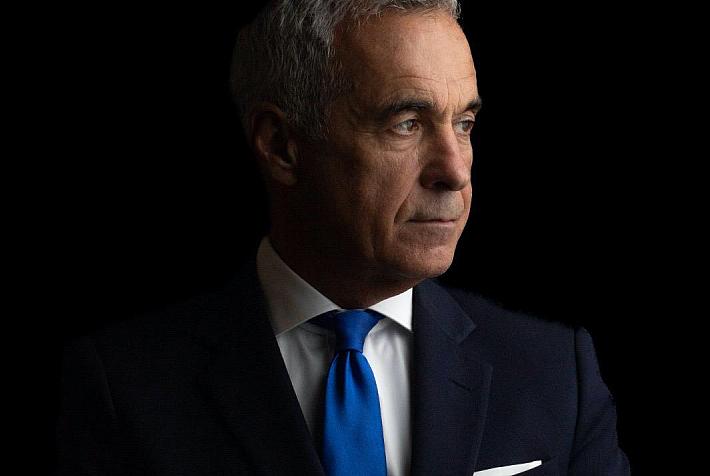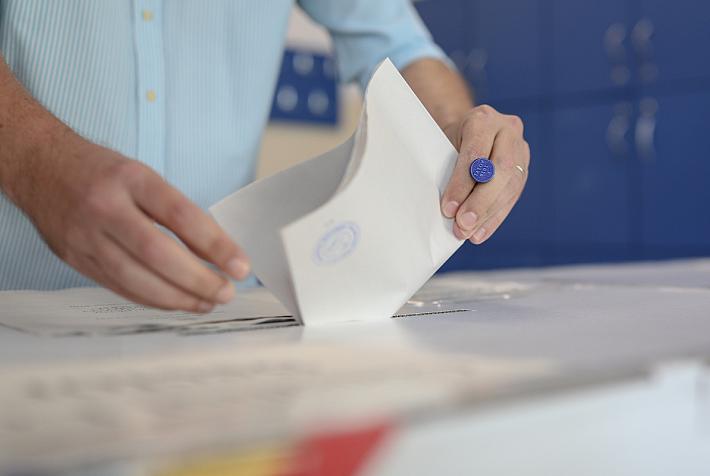ECHR rules in favor of Romanian journalist arrested for sharing classified military information

The European Court of Human Rights (ECHR) found that the arrest of Romanian journalist Marian Girleanu back in 2006 was disproportionate and constituted an interference with his right to freedom of expression, and ruled that Romania has to pay EUR 4,500 to the journalist.
Girleanu was arrested and fined in 2006 for sharing classified military information, without publishing them. The local authorities even opened a criminal investigation against him.
Marian Girleanu was a local correspondent for daily newspaper Romania Libera, for which he was also doing investigations into the armed forces and police. In February 2006, the prosecuting authorities in Romania opened a criminal investigation against him, targeting leaked secret documents that belonged to a Romanian military unit based in Afghanistan. These documents had originally been leaked in 2004 and discussed in the local media, without their actual content being made public.
The investigation established that another journalist gave Girleanu a copy of a CD of the leaked documents in July 2005. He then tried to verify the information with the Romanian Armed Forces and intelligence service but they didn’t want to confirm it was genuine. Thus, he shared the information with two people he believed to be former police officers and other journalists.
He was arrested during the investigation and the hard drive of his computer was confiscated. In August 2007, the prosecuting authorities found him guilty of gathering and sharing secret information. However, as the prosecutor found the information to be outdated and that its disclosure was unlikely to endanger national security, he decided not to indict Girleanu. The journalist was instead ordered to pay a fine of some EUR 240 and cover judicial costs.
Meanwhile, in July 2007, the documents that had been the object of the investigation had been de-classified.
The ECHR now ruled that “an arrest, criminal investigation and fine in the context of a journalistic investigation, as had occurred in Mr Girleanu’s case, had constituted an interference with his right to freedom of expression.” It also said it was not convinced that “the gathering and sharing of the information by Mr Girleanu had risked causing considerable damage to national security.”
The Court also found that Marian Girleanu did not obtained the documents by unlawful means, and the first step he had taken after coming into possession of the information had been to discuss it with the Romanian Armed Forces, “who did not apparently try to recover the documents or warn about the dangers of disclosure.”
“Lastly, although the fine was relatively low, it had been imposed without Mr Girleanu ever having published the secret information. The decision whether to impose a fine on Mr Girleanu should have been more carefully weighed against the fact that the documents had in the meantime been de-classified and that the prosecutor had not found them to have put national security in danger.”
Thus, the ECHR ruled that Romania is to pay Marian Girleanu EUR 4,500 in non-pecuniary damages and EUR 3,695 directly to his lawyer in respect of costs and expenses.
One year ago, the ECHR found that Romania breached the rights to freedom of expression of another Romanian journalist.
Irina Marica, irina.marica@romania-insider.com















